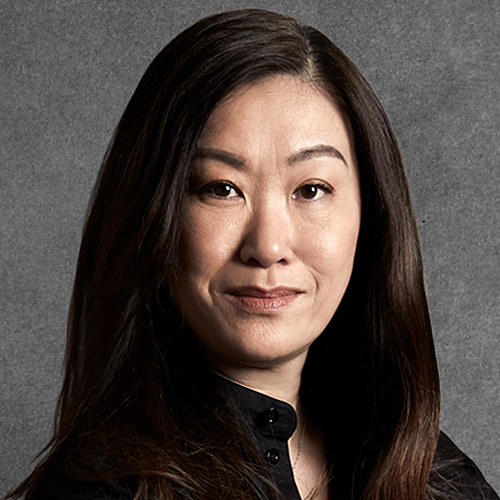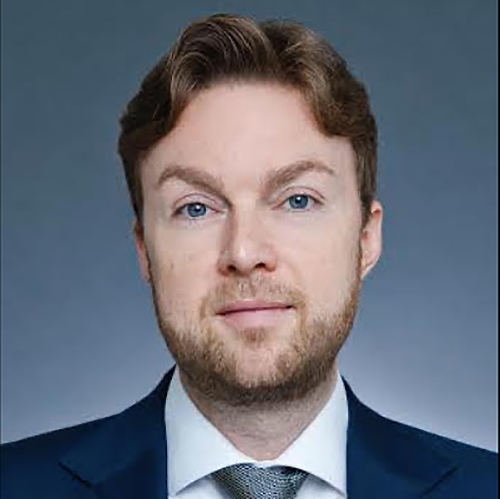The Covid-19 pandemic has triggered many wealthy Asian families into reviewing their fragilities while also accelerating their succession plans.
The Asset recently spoke with industry professionals in Singapore on how this year’s events have influenced decisions and developments in the family office and wealth structuring space.
“We have certainly seen new clients who have specifically mentioned the impact of Covid-19 on family members as the reason for wanting to set up a trust for succession planning,” says Sean Coughlan, managing director of Trident Trust in Singapore. “We recently saw a new client whose family member was the CEO of a listed company, which the family had built over the last few decades, and who passed away due to Covid-19.
“As the client is a similar age he was very concerned about the possible impact on his family and the business should he also succumb to the virus. … Some clients who never previously gave any thought to succession planning suddenly had a rude awakening when they saw how quickly things can change and how important it is to have a plan to deal with succession and estate planning generally.”
Lee Woon Shiu, regional head of wealth planning, family office and insurance solutions, at DBS Private Bank says the pandemic has prompted families to place greater focus and urgency on long-term needs like succession planning, wealth preservation and governance, which may not have been on the top of their minds in the past.
“We’ve been having many more of these conversations this year, helping families to plan with stability and longevity in mind,” Lee points out. “Domiciliation is another topic that has popped up in our conversations, as crises also bring to mind the importance of ensuring loved ones and assets are in a safe jurisdiction.”
He also highlighted the risks of a potential significant tax exposure confronting high-net-worth families, as governments worldwide explore increasing existing tax rates or even the imposition of new wealth taxes to fund pandemic relief expenditures. “This has in turn triggered many of these families to explore the establishment of more tax-efficient structuring options with us.”
So, as a result of the disruption throughout this year did new products or structures need to be created to specifically address inheritance concerns, for example, in the case of another future pandemic outbreak?
The traditional trust structures, either with a professional trustee or a private trust company, are, according to Coughlan, flexible and, in most cases, can be written to accurately reflect a client’s wishes.
“That is why they are still so popular with clients, and there seems little chance of that changing,” he notes.
DBS Private Bank’s Lee highlights the Variable Capital Company (VCC) regime, a wealth planning tool introduced in Singapore earlier this year that has gained significant momentum during the pandemic. According to him the adoption of VCC structures facilitate cross-border family asset management and allow the families to pivot from one region to another in response to any future crisis.
And although a lot has been reported on the modernization of wealth structuring and family office services, including the adoption of digital solutions, the two practices are often seen as operating along traditional lines. A system, however, that could also have proven beneficial during this testing year.
“The guiding philosophies behind modern family offices that we interact with dictate that the deployment of the family’s financial, social and human capital needs has to be far more nimble than it was before,” Lee explains. “This is evidenced by the spike in western family offices that are pivoting to set up satellite family office outposts in Asia, even as they maintain their stronghold in the US or Europe, as well as families embracing the option of relocating key investment teams and even strategic family members to Singapore.”
But for Trident’s Coughlan the trust business is a people business, and he is happy his firm remains somewhat traditional in its approach. “Technology and digital can only play a support role in our business as clients value the personal interaction, and we mainly use it to be more efficient in the areas which have traditionally been time consuming for people, such as the extensive form filing required by the onboarding and screening processes, and day-to-day administration,” he explains. “But even here a lot of time is spent by our staff applying the ‘common sense’ test, something which, at least for now, tech is not too good at.”
The appeal of Singapore as a family office base is attracting more wealthy families for a number of reasons. The city-state’s regulatory and legal systems, and its network of advisers, all help to underpin its draw.
“Singapore is the only credible option in the region,” Coughlan states. “International clients feel much more comfortable with Singapore as a base to manage their private wealth. The tax advantages in respect to the investment returns are clear, and the ongoing minimum costs of running a family office are not prohibitive.”
Lee adds: “In conversations with some of the families we work with, they’ve shared that they were impressed by Singapore’s transparency and tenacity in handling the Covid-19 pandemic, in contrast to crisis response efforts by governments in their home countries.”









